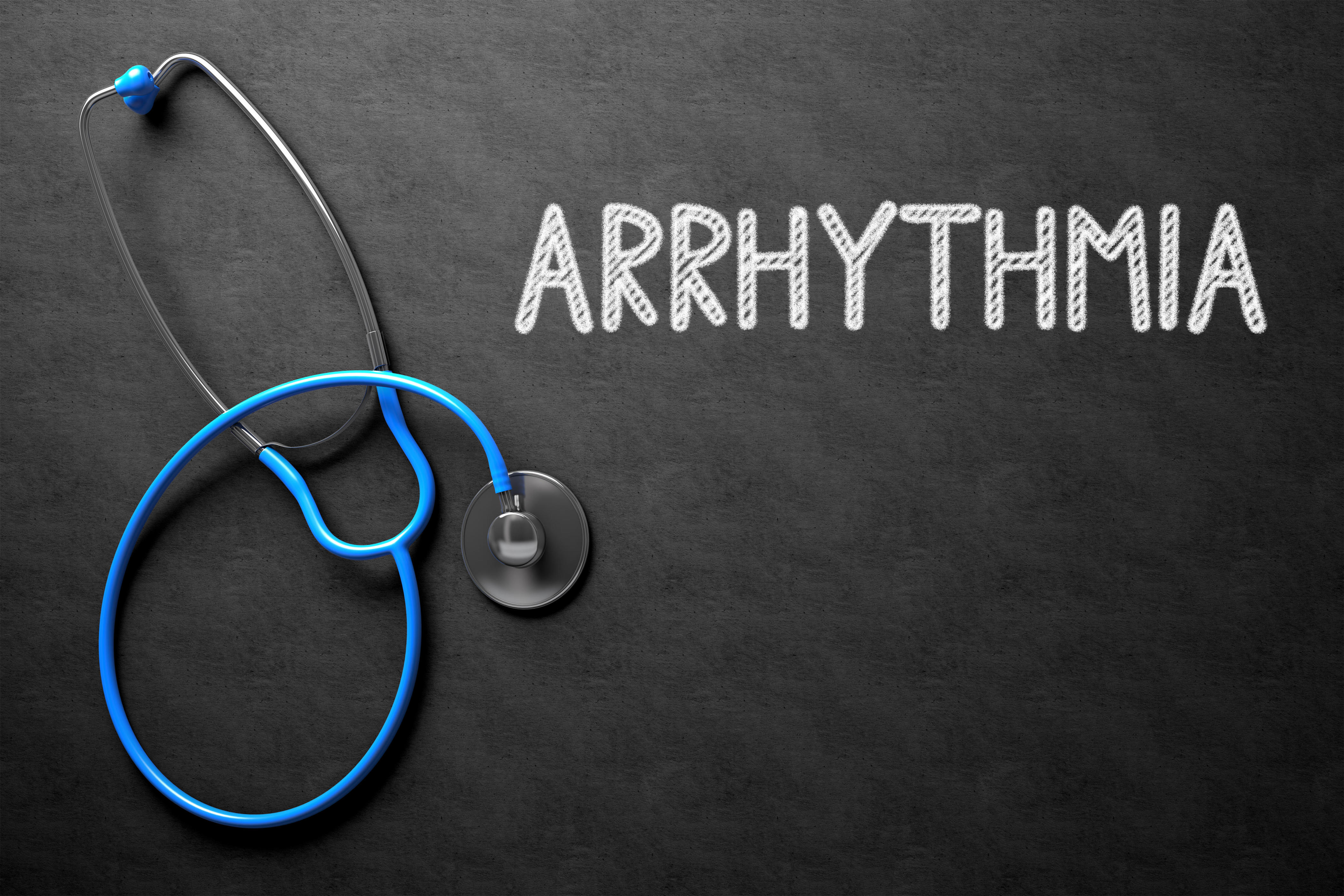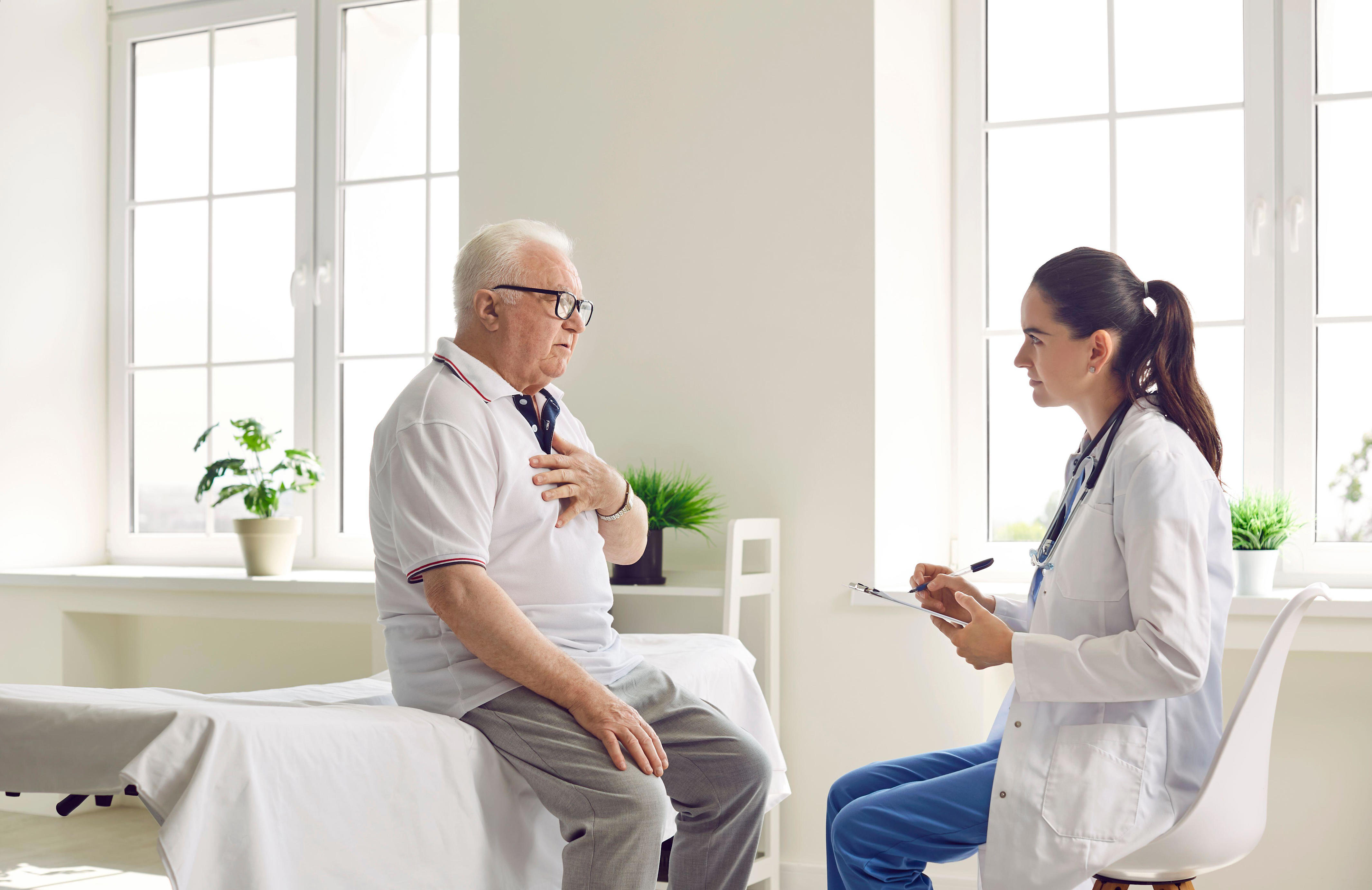What is Arrhythmia? A Doctor Explains the Symptoms
NHSpatients are now able to monitor their own conditionheart healthcomfortable in your home with the latest Philips ePatch, a self-administered tool created to simplify the detection of heart rhythm problems.
Instead of conventional approaches that need expert installation and multiple cables, the ePatch is easily mailed for simple self-application at home.
After a few days of use, patients return the patch. The data it has gathered is subsequently examined by Cardiologs, an innovative AI system, followed by a final assessment by a healthcare professional.
Frimley Health NHS Foundation Trust is leading the way in the country by implementing the device, with hopes for its broader use across other NHS trusts. The ePatch can examine different types of arrhythmias, includingatrial fibrillation, rapid heartbeat, and cardiac blockages.
Cardiac rhythm disorders can take various shapes, which is why we reached out to Dr. Oliver Segal, a consultant cardiologist and electrophysiologist at The Harley Street Clinic, part ofHCA Healthcare UK, to learn how to recognize and handle these issues.

What is an arrhythmia?
An arrhythmia refers to an issue with the heart's electrical system, which regulates how the heart beats," says Segal. "Typically, electrical signals lead the heart to beat in a consistent and synchronized pattern.
Nevertheless, in cases of arrhythmias, these signals become inconsistent or impaired, leading the heart to beat excessively fast, excessively slow, or in an irregular manner. This may impact the heart's ability to circulate blood throughout the body effectively.
What are the primary forms of irregular heartbeats?
Atrial fibrillation (AF) is the most frequent serious arrhythmia, characterized by the upper chambers of the heart (atria) beating quickly and unpredictably," states Segal. "AF can greatly raise the risk of stroke and frequently happens without any obvious symptoms.symptoms, making it crucial for certain people."
Bradycardia and tachycardia are also quite prevalent forms of arrhythmia.
Bradycardia occurs when the heart beats at an abnormally slow rate, potentially leading to fatigue, lightheadedness, or fainting," says Segal. "On the other hand, tachycardia is when the heart beats too quickly. It can begin in the upper chambers (known as supraventricular tachycardia) or the lower chambers (ventricular tachycardia), with the latter often being more hazardous.
Other types of irregular heartbeats include extra beats from the atria or ventricles, as well as less common issues such as ventricular fibrillation.
What elements may lead to or result in irregular heartbeats?
Risk factors include heart disease, high blood pressure (which may put stress on the heart over time), and thyroid issues, particularly an overactive thyroid (hyperthyroidism)," states Segal. "Additionally, being older and having a family history can also raise your risk.
Some habits such as smoking and alcohol consumption could also play a role.
"Overconsumption of alcohol, high levels of caffeine, smoking, and illicit drugs raise your chances of developing heart issues," says the cardiologist.Stressand anxiety may also cause heart palpitations or irregular heartbeats.
Certain prescription and non-prescription medications may influence heart rhythm, he notes.
"However, occasionally arrhythmias develop without a clear reason, which are known as idiopathic," says Segal.
What signs should we be aware of?
“Symptomscan differ but typically involve palpitations (a fluttering, fast, throbbing, or irregular heartbeat) and/or dizziness or a feeling of lightheadedness caused by decreased blood flow to the brain," notes Segal. "Additional symptoms may include difficulty breathing (particularly during exertion), chest pain, tiredness or weakness due to the heart not pumping effectively, and episodes of fainting or nearly fainting."
When is the appropriate time to contact our family doctor regarding these symptoms?

If an individual frequently encounters these symptoms, particularly if they become more severe or disrupt everyday activities, they should consult their family doctor," suggests Segal. "Tests such as aECGor a 24-hour cardiac monitor can assist in conducting further investigation.”
When should we contact 999 or visit the emergency department for these symptoms?
Contact emergency services right away if an individual has intense chest pain or pressure, collapses suddenly, loses consciousness, or experiences significant difficulty breathing," states Segal. "Additionally, get immediate assistance if the palpitations are paired with dizziness or fainting, or if there is weakness or numbness on one side of the body, or trouble speaking, which might suggest a stroke.
What are the methods for treating and managing irregular heart rhythms?
The approach to treatment varies based on the kind and intensity of the arrhythmia.
"Medications such as beta blockers or calcium channel blockers are used to decrease the heart rate, anti-arrhythmic medications to bring back a regular heartbeat, and anticoagulants (blood thinners) to lower the chance of a stroke, especially in cases of AF," states Segal.
Modifying daily habits can also lead to a significant impact.
"Cutting back on alcohol and caffeine, stopping smoking, handling stress, eating well, staying active, and managing issues such as hypertension or diabetes can all make a difference," notes Segal.
When is an operation deemed necessary and what does it entail?
If drugs do not work or are not suitable, treatments like pacemaker insertion, catheter ablation, or an implantable cardioverter-defibrillator may be suggested.
"A pacemaker is a small device inserted beneath the skin to manage slow or irregular heartbeats, while an implantable cardioverter-defibrillator can identify and address life-threatening arrhythmias," says Segal.
Catheter ablation is a minimally invasive treatment that employs heat (radiofrequency), cold (cryoablation), or pulsed field ablation to eliminate small regions of faulty heart tissue responsible for irregular heartbeats. This procedure can frequently cure or greatly reduce symptoms.
The Independent has consistently maintained a worldwide viewpoint. Established upon a strong base of high-quality international news coverage and insight, The Independent now has an audience that was unimaginable when it began as a new entrant in the British media landscape. For the first time since the conclusion of World War II, and throughout the globe, diversity, logic, a forward-thinking and compassionate approach, and global engagement—principles upheld by The Independent—are being challenged. Nevertheless, we, The Independent, keep expanding.

Post a Comment for "What is Arrhythmia? A Doctor Explains the Symptoms"